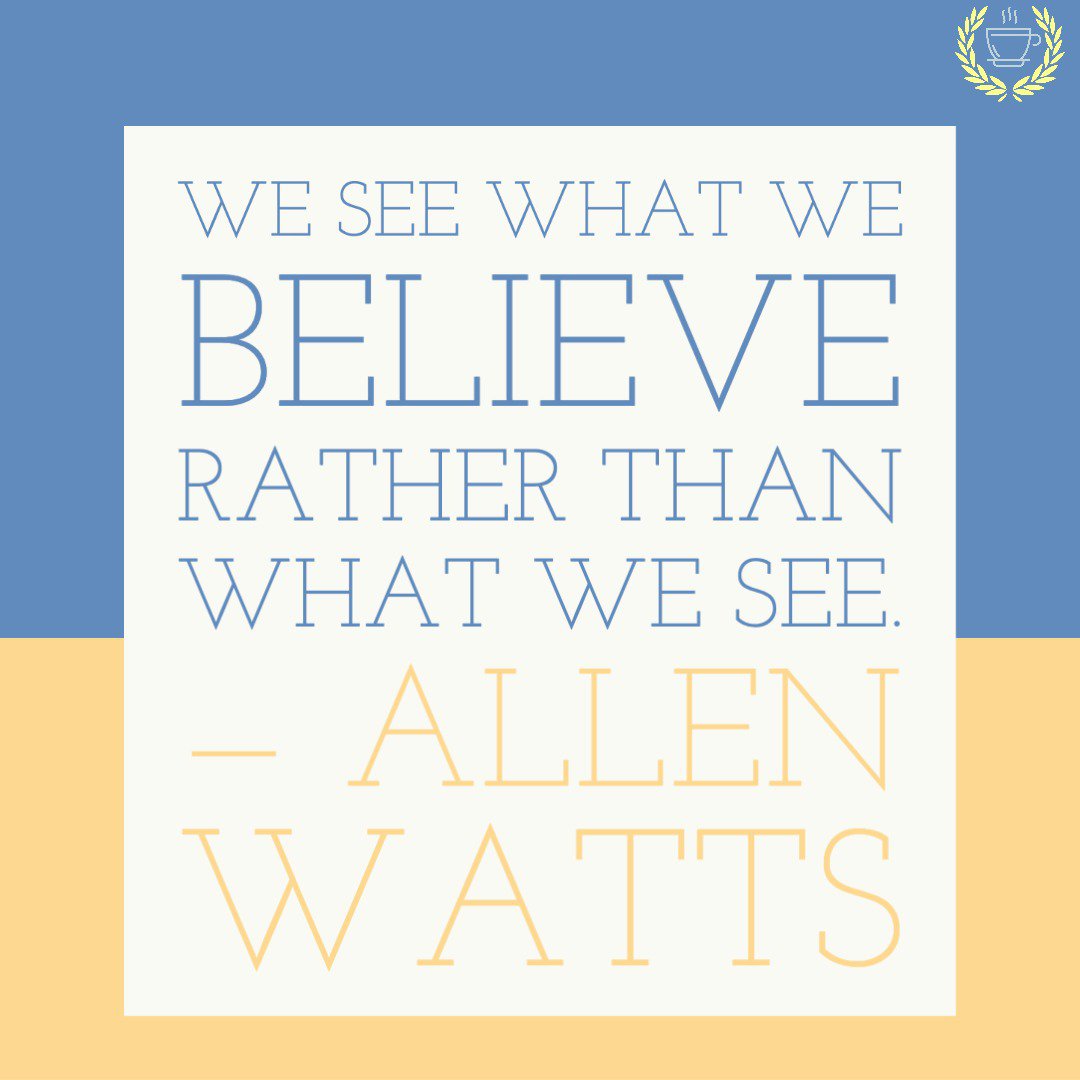Month: January 2023
-

243 – All the Feels: How to Ride the Emotional Waves
Your emotions are the slaves to your thoughts, and you are the slave to your emotions. — Elizabeth Gilbert. Are you afraid of your feelings? Do you avoid, numb, or shut down your emotions? How much stress and anxiety do you create trying to avoid uncomfortable emotions? Today I want to talk about the power…
-

242 – How to Become Another Person
If you really want to escape the things that harass you, what you’re needing is not to be in a different place but to be a different person. – Seneca. Are you living the life you want to? If you aren’t, do you know how to create big changes in your life? Today I want…
-

241 – Mind Over Mood: The Stoic Art of Reframing
“It is not the things themselves that disturb people, but their judgments about these things.” — Epictetus. “We see what we believe rather than what we see.” — Alan Watts. One of the things we talk about a lot in stoicism is that it’s our perspective on something that causes our distress. So how do…
-

240 – Interview with Trever Yarrish
Trever Yarrish is the owner and founder of Zeal Software and The Hiive co-working space. He is also a good friend and one of my favorite people to chat with about stoicism. He’s an avid student of stoicism and brings many of the stoic principles and ideas into his companies and his personal life. We…
-

239 – Lessons Learned
The universe is change; Our life is what our thoughts make of it. — Marcus Aurelius. This year has been an especially rough year for many of us. I can honestly say it has been for me. I want talk about what I have learned over the past year, and ask you about the most…
-

238 – Show Up
Know, first, who you are, and then adorn yourself accordingly. — Epictetus. How do you show up in the world? Are you acting the way you want to? Are you being the person you want to be? If not, why not? In todays episode, I want to talk about how to live with integrity and…
-

237 – Self Confidence
Self-confidence is not something that can be given to you. It must be earned, through hard work and determination. — Aristotle Are you confident person? Do you have faith in yourself as person? Are you comfortable with who you are? Today I want to talk about how we often will self sabotage ourselves not because…
-

236 – Nice vs. Kind
Wherever there is a human being, there is an opportunity for a kindness. — Seneca. Are you a nice person or are you a kind person? Do you know the difference? Today I want to talk about whether it’s better to be nice or kind.
-

235 – Interview With Tanner Campbell from The Practical Stoic
I had the pleasure and privilege of speaking with Tanner Campbel from The Practical Stoic. Tanner is sharp, warm, and kind and I really enjoyed our conversation. I hope you enjoy it as well.
-

234 – Easy Life
It may seem difficult at first but everything is difficult at first. — Miyamoto Musashi. The path of least resistance is a terrible teacher. — Ryan Holiday Do you want your life to be easy? Do you complain, get stressed out, or upset when challenges come up in your life? Today I want to talk…